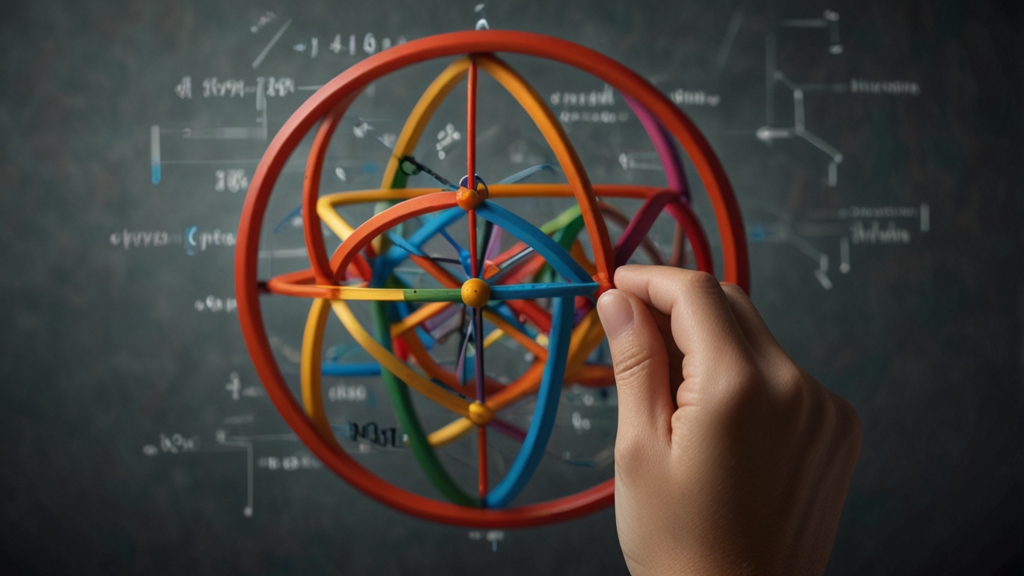The Importance of Geometric Thinking
Geometric thinking is a crucial cognitive skill that transcends the boundaries of mathematics, impacting various facets of our daily lives. From the architecture of the buildings we live in to the design of the devices we use, geometry plays a vital role. Understanding and cultivating geometric thinking can enhance problem-solving abilities, creativity, and spatial awareness.
Understanding Geometric Thinking
Geometric thinking involves recognizing, analyzing, and interpreting shapes and their properties. It encompasses the ability to visualize and manipulate these shapes mentally. This kind of thinking can be categorized into different levels, beginning with the recognition of shapes and progressing to more complex tasks such as understanding geometric transformations and the relationships between different shapes.
"The essence of mathematics is not to make simple things complicated, but to make complicated things simple." - S. Gudder
Applications in Daily Life
Geometric thinking is not confined to classrooms or academic exercises; it is deeply embedded in our everyday experiences. For instance, when arranging furniture in a room, we subconsciously consider the spatial relationships and geometric dimensions to optimize the space. Similarly, cooks use geometric principles to cut ingredients into specific shapes to ensure even cooking.
Another significant application is in the field of technology. Computer graphics, virtual reality, and simulations rely heavily on geometric principles. Game developers use geometry to create realistic environments and characters. Engineers and architects employ geometric thinking to design structures that are not only aesthetically pleasing but also structurally sound.
The Role of Education
Fostering geometric thinking from an early age is imperative for cognitive development. Educational curriculums should emphasize activities that encourage students to explore and manipulate shapes. Puzzles, building blocks, and drawing exercises are excellent tools to introduce young minds to the concept of geometry. As students progress, they can be introduced to more advanced topics such as theorems, proofs, and geometric constructions.
"Geometry is the only science that it hath pleased God hitherto to bestow on mankind." - Thomas Hobbes
Benefits of Geometric Thinking
Enhancing geometric thinking can yield numerous benefits. For one, it significantly improves spatial reasoning, which is essential in fields like engineering, architecture, and art. Spatial reasoning skills help individuals understand and remember the relationships between objects, navigate their environment, and solve complex problems.
Moreover, geometric thinking fosters creativity and innovation. By understanding the properties and possibilities of different shapes, individuals can think outside the box and come up with unique solutions. This creative aspect is particularly valuable in design-related fields, where aesthetic appeal and functionality need to be balanced.
Conclusion
In conclusion, geometric thinking is a foundational skill that has far-reaching implications beyond mathematics. It plays a critical role in various industries and everyday activities, making it an essential cognitive ability to develop. By nurturing this skill through education and practice, we can equip ourselves with the tools needed to navigate an increasingly complex world with confidence and creativity.
"Geometry is the language of space." - Hermann Weyl










